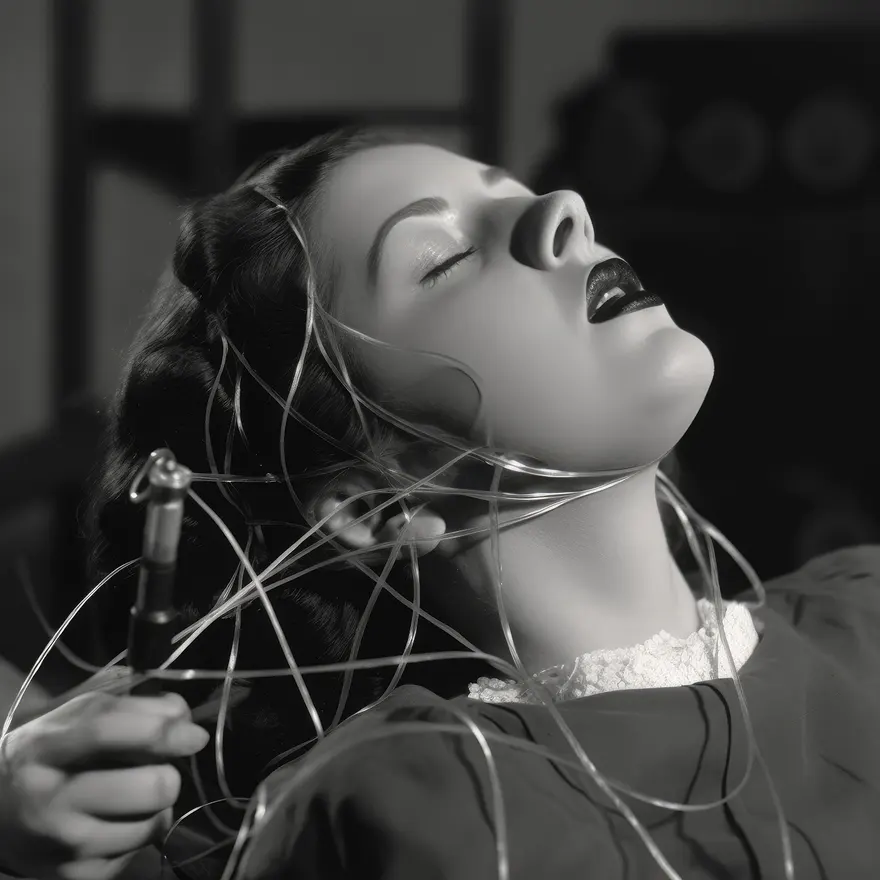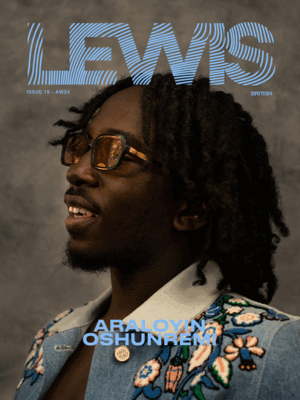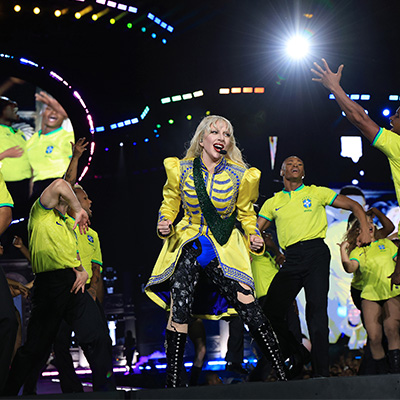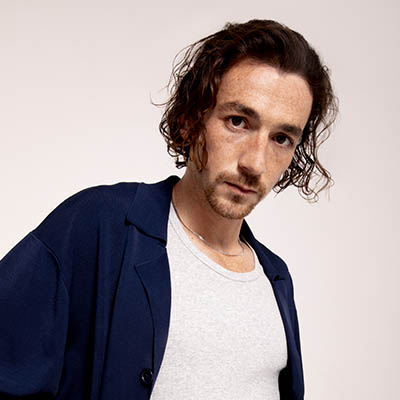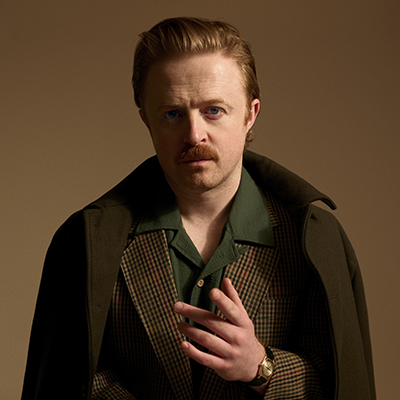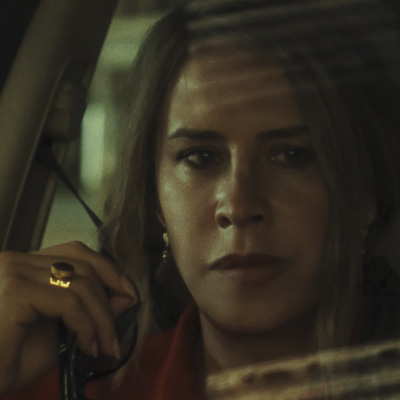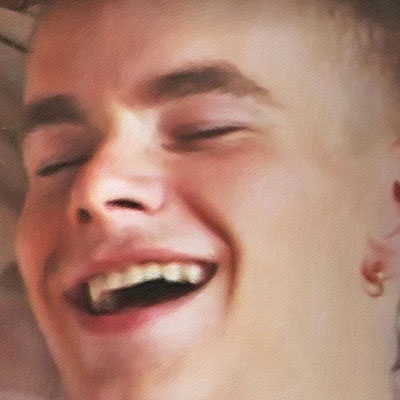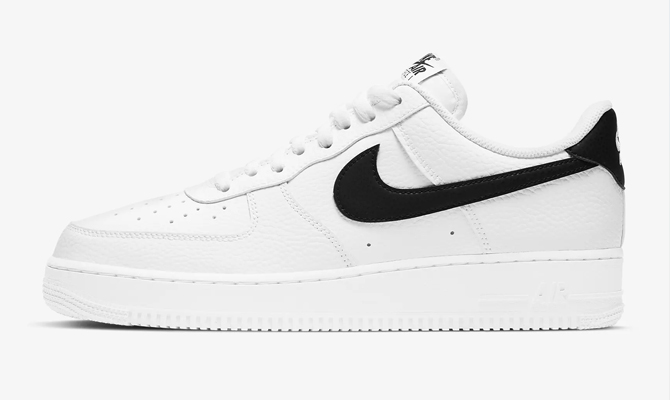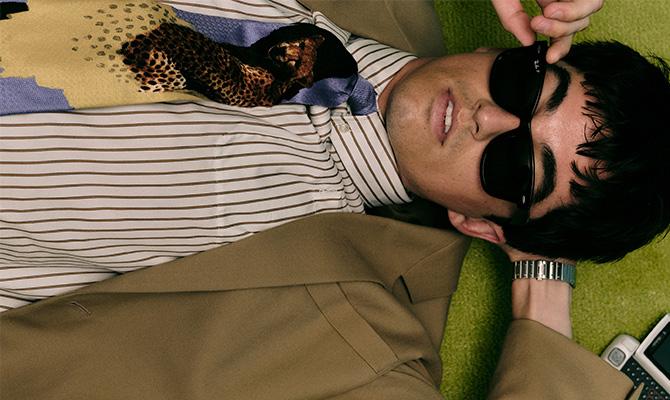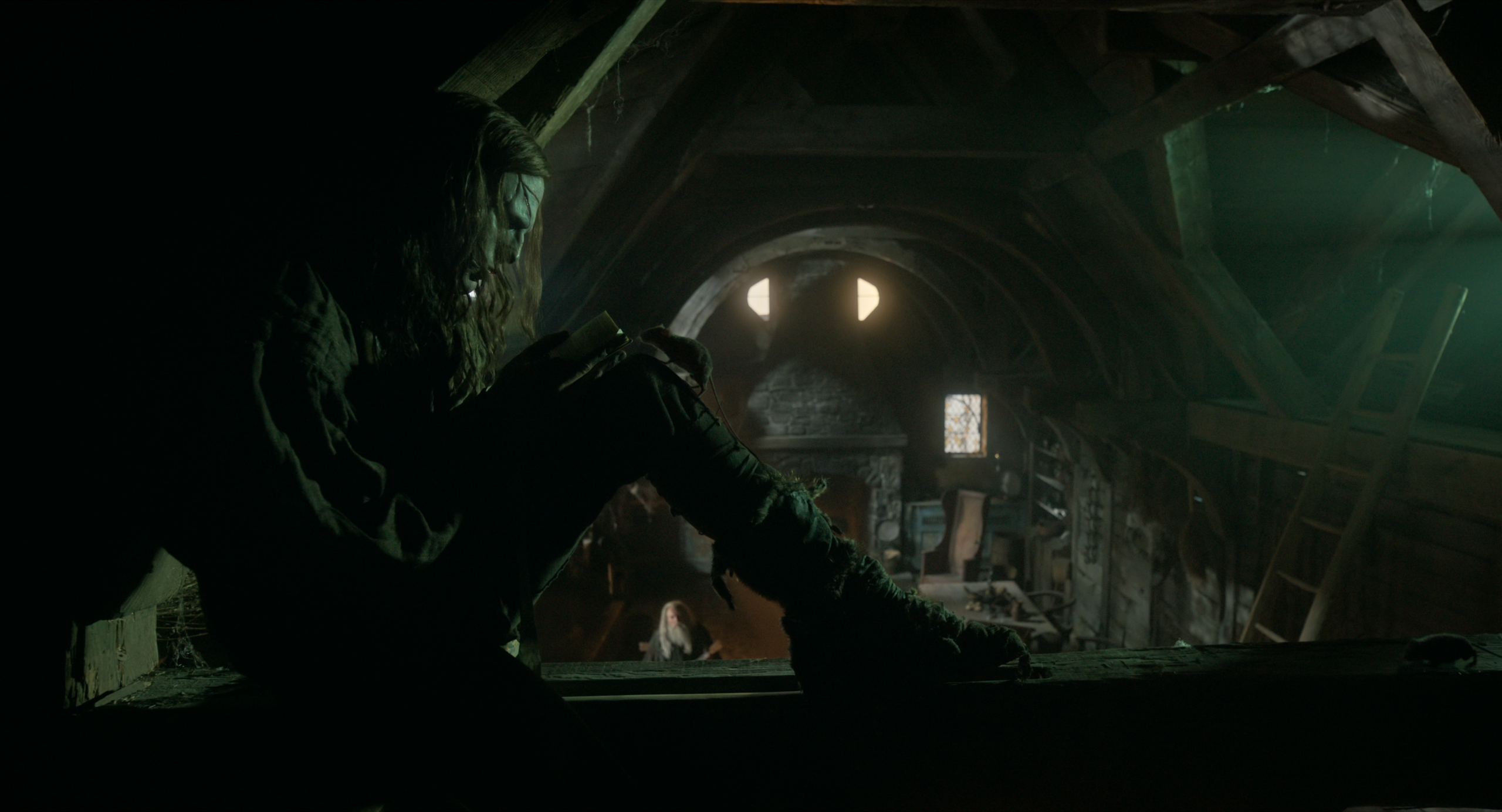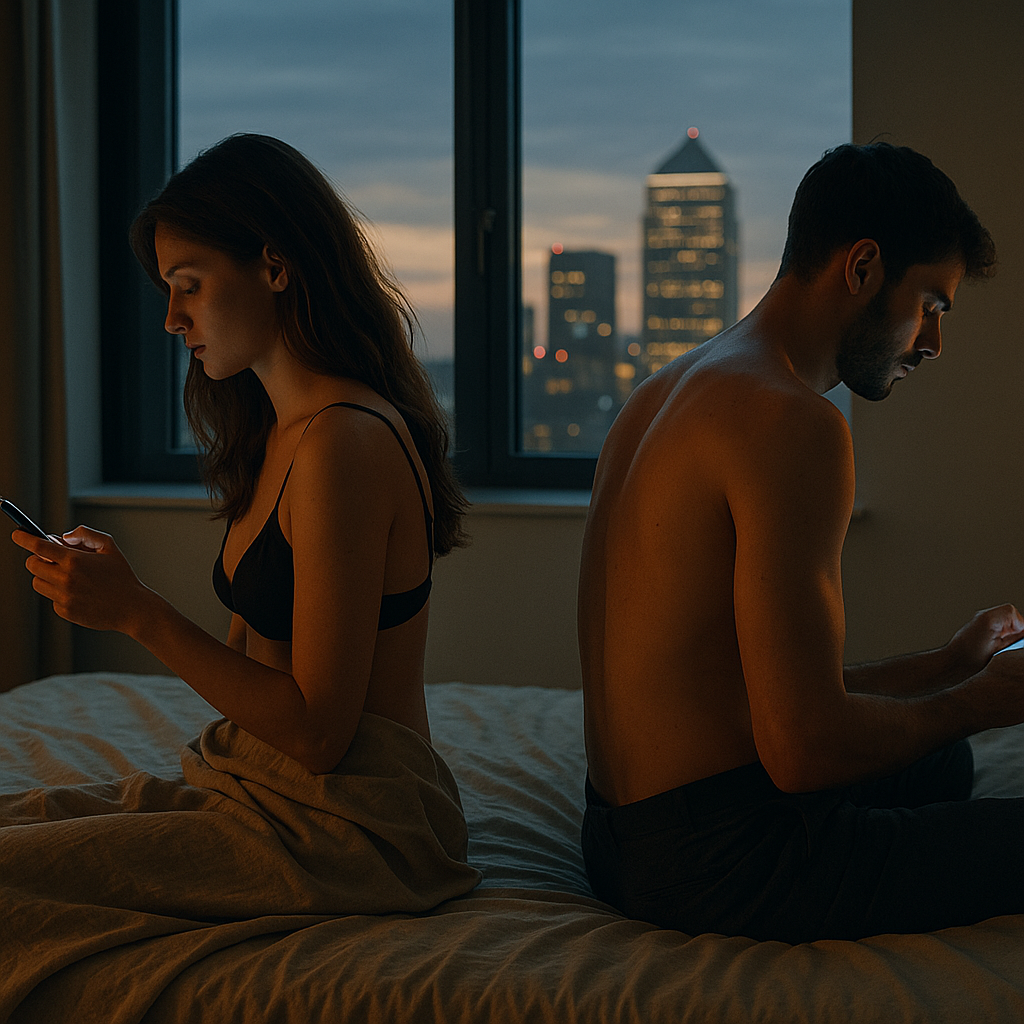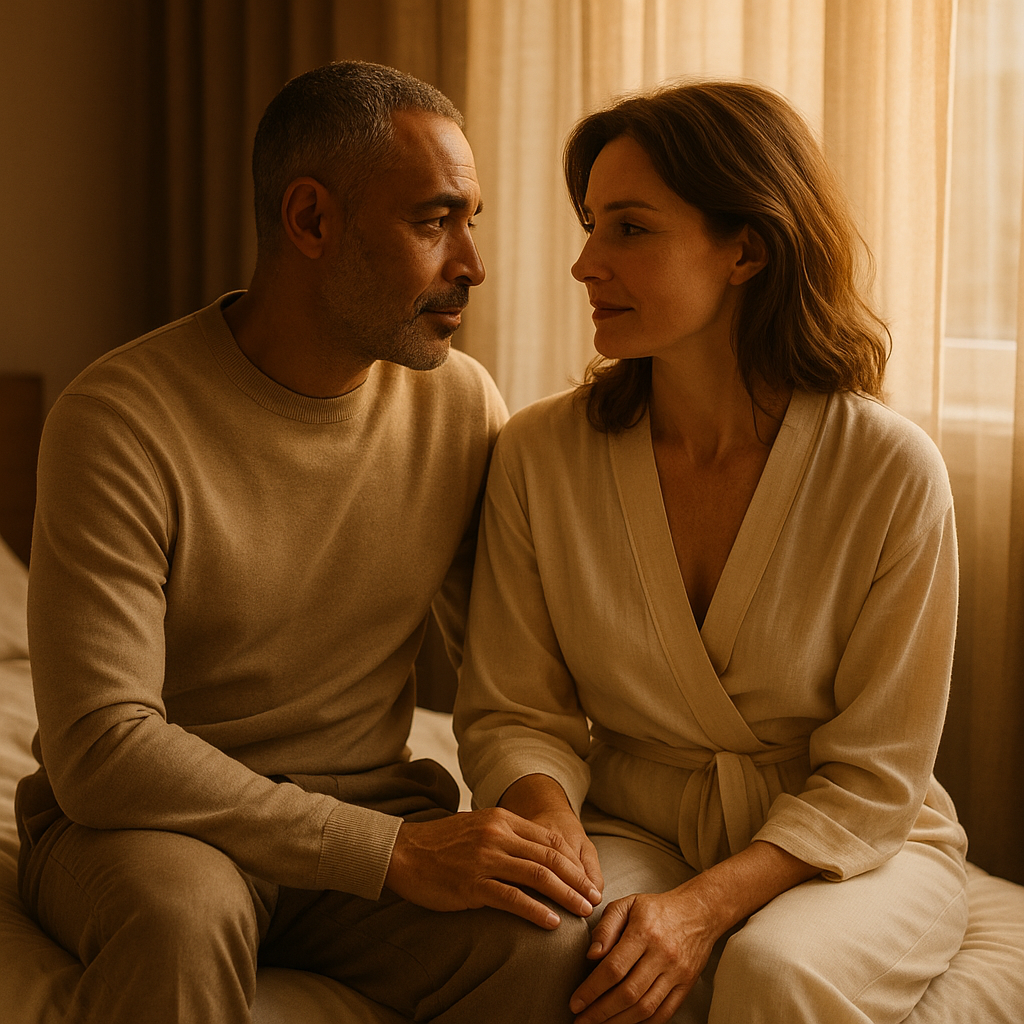The photography industry has always been driven by creativity, innovation, and authenticity. However, with the rise of Artificial Intelligence (AI), the industry is facing a new set of challenges and opportunities. The use of AI in photography competitions has sparked a debate about the role of technology in the industry and raised questions about the future of photography as an art form. In this article, we will explore the potential of AI in photography competitions, the concerns surrounding its use, and the impact it may have on the work of photographers.
The use of Artificial Intelligence (AI) in the photography industry is gaining momentum, and the impact of this technology is significant. AI algorithms are being used in photography competitions, and this has sparked a debate about the role of AI in the industry.
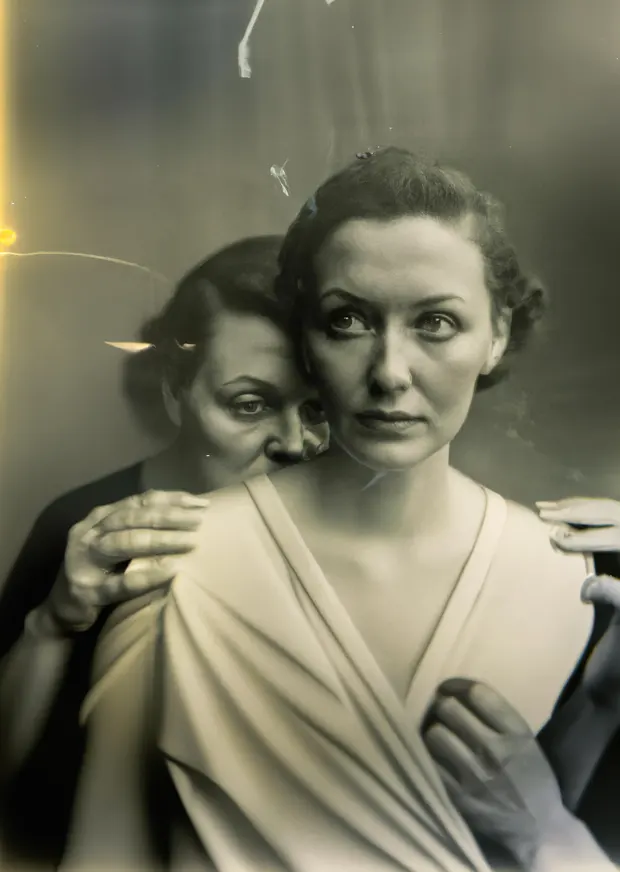
One example of this is the recent case of a German artist who rejected an award from a prestigious international photography competition after revealing that his submission was generated by AI. The artist, Mario Klingemann, used a generative adversarial network (GAN) to create the image, and he disclosed this information after winning the award.
This incident highlights the growing role of AI in the photography industry and raises questions about the future of photography competitions. Will AI-generated images be allowed to compete alongside traditionally captured photographs? Can AI-generated images be considered art, or are they a fraud perpetrated on the industry?
- Boris Eldagsen’s AI-generated image titled ‘Pseudomnesia: The Electrician’ was submitted to the Sony World Photography Awards 2023 and won first prize in the creative open category.
Despite these concerns, the potential of AI in the photography industry is immense. AI algorithms can enhance images, improve image quality, and assist in the editing process. They can also be used to analyse images and identify patterns and trends, which can be useful in fields like marketing and advertising.
In photography competitions, AI-generated images can be judged alongside traditionally captured photographs, but there may need to be a separate category for AI-generated images to ensure fairness. This would allow judges to evaluate the technical and artistic qualities of the image, as well as the level of creativity and innovation involved in creating the image.
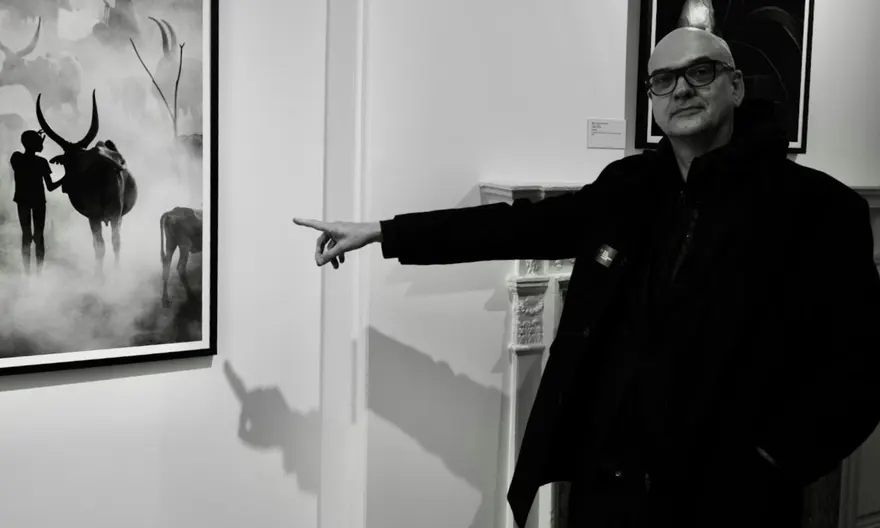
The use of AI in photography competitions also has the potential to level the playing field for photographers. AI algorithms can help amateur photographers produce high-quality images, and this could open up opportunities for them in the industry.
Overall, the use of AI in the photography industry is a double-edged sword. While it has the potential to enhance and democratize the industry, there are concerns about its impact on creativity, artistry, and authenticity. The industry needs to carefully consider the role of AI and how it can be integrated in a way that benefits everyone involved.


